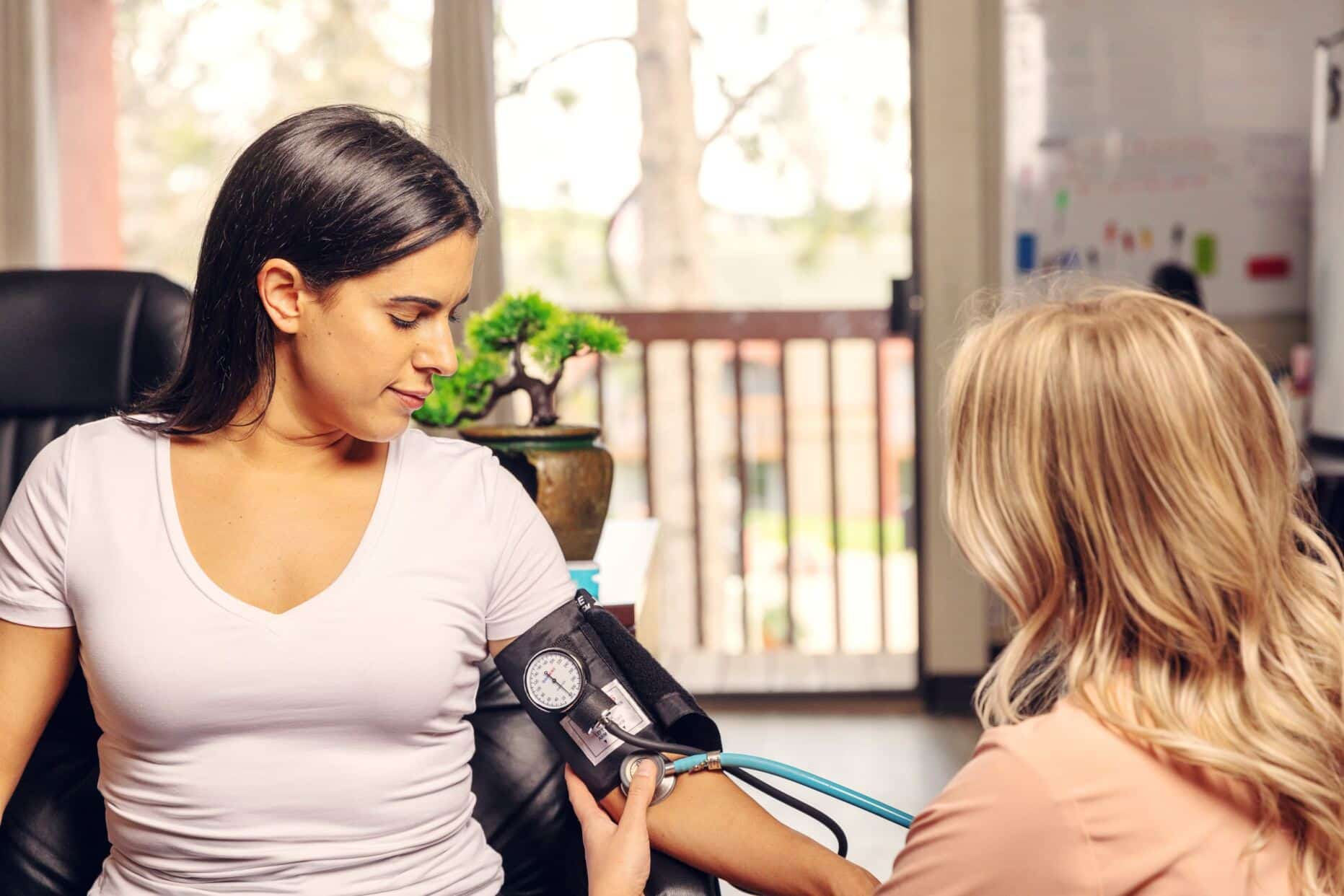Your Guide to Aftercare
There is life after addiction, and a huge part of it is planning one’s days, weeks, and months after a stay at an inpatient recovery facility or going through an intensive outpatient program.
It’s most commonly referred to as aftercare or continuing care and it’s been found to produce more positive outcomes, especially when they’re better planned out. It also can be particularly helpful for people who may not want or may not be able to pursue more traditional post-rehab care.
Addiction’s Challenges
Addiction is marked by intense cravings for whatever the substance (or substances) in question may be. The cravings can be very difficult to control, and the user becomes obsessed with acquiring and using drugs or alcohol (even when the user’s life, livelihood or freedom is at risk).
In terms of the user’s brain, addiction affects reward and motivation, learning, memory, and self-control — that’s why it’s considered a brain disease. Other components affect addiction’s hold as well — genetics, age of first use or exposure, environment, availability.
The longer a person uses, the more the resolve to say no can be weakened. Not only is substance use disorder a search to escape, or to get high, but it can make a person more vulnerable to mental or physical ailments — anything from more anxiety to heart or liver damage. It can also make it harder for the addict to function in society, where they struggle to complete school, do their job, meet family obligations, pay bills, and so on.
A good treatment program will address these multiple complications, whether a person has a dual diagnosis (other health complications) or needs guidance picking up life skills once they’re off the habit. They also need to learn coping mechanisms to help them stay drug- or alcohol-free. The guidance ideally should not end the moment a person walks out of an inpatient rehab. That’s where aftercare comes in handy.
What Is Aftercare?
Aftercare can take a number of forms. It can occur as regularly scheduled phone sessions (or virtual communication), in-person counseling, peer support groups such as Alcoholics Anonymous or SMART Recovery, or some combination.
Just as there is no single universal approach to rehab, there is no one substance use disorder aftercare plan template.
An aftercare program that keeps the client more engaged seems to produce better outcomes, however. The program may include a contract where the participant pledges to attend continuing care meetings or social reinforcement. It’s no guarantee, but it’s a low-cost investment that can yield considerable success.
It’s also logical to develop a more extensive plan for the days, weeks, and months following rehab. Long-term recovery programs (comparing, say, two weeks to 90 days) do tend to produce better results. A longer stay or a longer, more in-depth aftercare plan may also make a person less likely to relapse. (Each case, and every person’s circumstances, is unique, but replacing one set of self-destructive behaviors with more healthful and productive ones takes time and effort.)
At the Workplace
Aftercare can also be included in employee assistance programs (EAPs). EAPs focus on issues that may arise in the workplace, such as conflicts and personal matters, but they can also address substance use disorder.
Substance use disorder and addiction, because they can cause health, safety, and legal problems, can have a negative effect on both employers and employees. Ideally, EAPs would be implemented to address addiction when it becomes an issue at the workplace (or as preventative measures, if possible) — and include anything from Family and Medical Leave Act allowances to return-to-work agreements. Talk to a Intake Coordinator
Take The First Step Towards Recovery
Sober Living Homes
In some cases, it might be trickier to avoid use or relapse at home, especially if one lives alone or hasn’t quite transitioned into life after drug abuse.
Sober living homes — also called sober living environments — are one option. They provide a safe, supportive, and structured living arrangement for people who are either fresh out of rehab or who are newly sober. Most typically they’re that in-between stage — after people leave rehab but before they start living entirely independently.
Places dedicated to sober living usually have some set rules — remain sober, attend 12-step or comparable meetings, pay rent (in places such as Oxford House establishments, it’ll be shared with several others to keep costs down), perform chores or upkeep. Often they may need approval from other house residents, and may need to take drug or alcohol tests periodically.
Often, the better the structure and stronger the support network — to help a person better break the addiction cycle — the better the outcomes.
Other Post-Rehab Options
There are multiple options to help a person try to stay on a sober track. Intensive outpatient treatment can take on many forms:
- Groups may meet regularly to focus on the consequences of substance use disorder, learn problem solving skills, and work on changing destructive thinking patterns to help prevent relapse.
- Groups may build up skills to help people learn how to say no to drugs or alcohol, identify triggers, navigate tense situations, and manage stress.
- Support networks gather to work through negative thought patterns, behaviors, and emotions.
Sometimes aftercare options include medication-assisted treatment (MAT), which consists of prescribed medicines and behavioral therapies. MAT can help a person better manage other co-occurring conditions such as depression or anxiety. It can also help a person better work through issues that plagued them as their addiction grew out of control, or with struggles that they faced once achieving sobriety, including withdrawal or other stressors.
Sources
- ncbi.nlm.nih.gov – Continuing Care Research: What We’ve Learned and Where We’re Going
- drugabuse.gov – Principles of Drug Addiction Treatment: A Research-Based Guide
- ncbi.nlm.nih.gov – Effectiveness of Long-Term Residential Substance Use Disorder Treatment for Women: Findings from Three National Studies
- ncbi.nlm.nih.gov – What Did We Learn from Our Study on Sober Living Houses and Where Do We Go from Here?
- hhs.gov – From Addiction to Freedom and Self-Sufficiency
- ncbi.nlm.nih.gov – Substance Use Disorder: Clinical Issues in Intensive Outpatient Treatment
Medical disclaimer:
Sunshine Behavioral Health strives to help people who are facing substance abuse, addiction, mental health disorders, or a combination of these conditions. It does this by providing compassionate care and evidence-based content that addresses health, treatment, and recovery.
Licensed medical professionals review material we publish on our site. The material is not a substitute for qualified medical diagnoses, treatment, or advice. It should not be used to replace the suggestions of your personal physician or other health care professionals.







